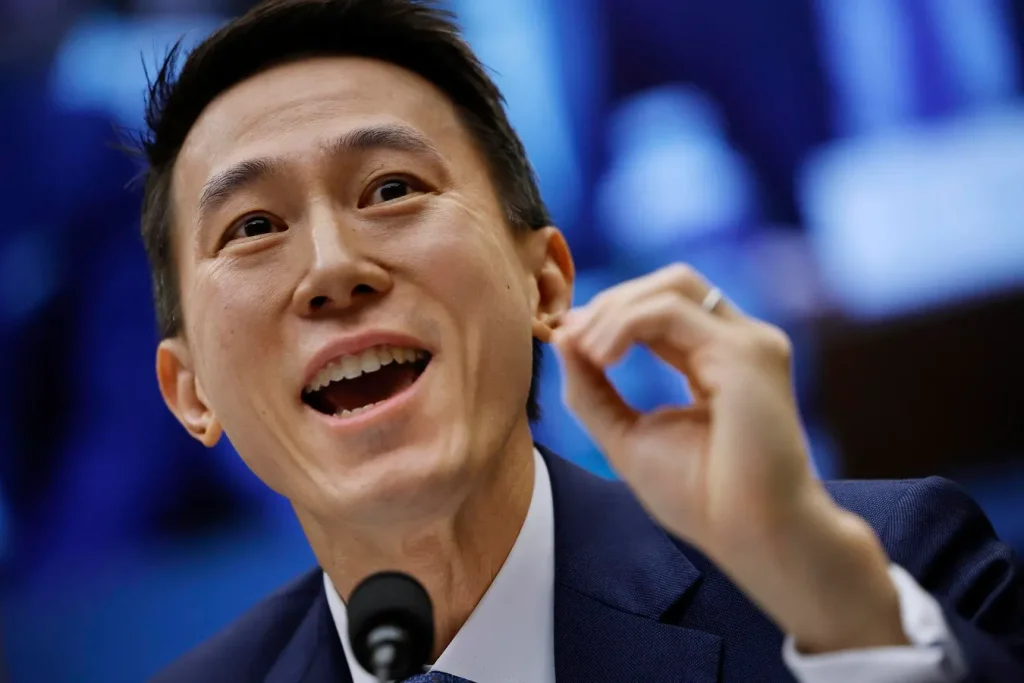TikTok’s Controversial Path Forward: Trump’s Deal with ByteDance
After years of contentious negotiations and political scrutiny, ByteDance, TikTok’s Chinese parent company, appears to have found a receptive audience in the Trump administration. The proposed deal, which has been marketed as a “sale” of TikTok’s U.S. operations, has raised significant questions about whether it truly addresses the national security concerns that prompted congressional action in the first place. Despite Trump’s executive order stating that “TikTok’s United States application will be operated by a newly established joint venture based in the United States” with “no operational relationship” to ByteDance, the details emerging about the agreement suggest a different reality. Under the proposed arrangement, ByteDance would maintain control over critical aspects of TikTok’s business functions in America, including its advertising, e-commerce, and the recommendation systems that are central to the app’s appeal and influence.
The current proposal bears striking similarities to “Project Texas,” a framework previously negotiated with and ultimately rejected by the Biden administration in 2022. That earlier plan centered around creating a new U.S. legal entity called TikTok U.S. Data Services (U.S.D.S.), which would theoretically separate TikTok’s U.S. operations from ByteDance’s influence. However, even under that arrangement, ByteDance would have retained significant control over key functions and decision-making authority. The Biden administration ultimately dismissed this proposal, with a senior official testifying to Congress that it “would still allow TikTok’s algorithm, source code, and software development to remain in key measures in China, and it would allow Chinese employees and ByteDance employees to continue to have influence over TikTok’s operations.” This assessment led Congress to pass legislation requiring TikTok to be genuinely sold or face a ban in the United States, specifically mandating that a post-sale TikTok could have no “operational relationship” with ByteDance.
What appears to distinguish the Trump deal from Project Texas may be largely semantic rather than substantive. ByteDance and its allies have had over a year to repackage and reframe the proposal as a “sale” that technically complies with congressional requirements, even if it doesn’t align with lawmakers’ intentions. By characterizing the arrangement as a sale of U.S. TikTok, rather than acknowledging it as a limited restructuring of certain U.S. functions, the deal creates an impression of comprehensive divestiture that the actual contract terms may not support. This clever reframing serves ByteDance’s interests while allowing the Trump administration to claim a political victory. Meanwhile, reports indicate that ByteDance will retain approximately 50% of the new U.S. TikTok’s revenue through various revenue-sharing agreements between the new entity and its former parent, further undermining the notion that this represents a genuine separation.
Perhaps most concerning from a national security perspective is ByteDance’s apparent continued control over TikTok’s advertising systems in the United States. According to Reuters, a “division that will continue to be wholly owned by ByteDance will control [U.S. TikTok’s] revenue-generating business operations such as e-commerce and advertising.” This arrangement creates a potential pathway for foreign influence operations, as previously documented by Forbes when Chinese state media organizations ran ads on TikTok reaching millions of Europeans with content aligned with Chinese Communist Party messaging. If ByteDance maintains control over TikTok’s U.S. advertising infrastructure, similar propaganda efforts could potentially target American users—precisely the scenario that prompted congressional action in the first place. Additionally, ByteDance appears poised to maintain control and profit from TikTok’s recommendation algorithm, the core technology that determines what content users see and which has been central to debates about potential foreign influence.
The Trump administration’s approach also leaves open questions about government oversight of the new entity. Under the previously rejected Biden-era agreement, the U.S. government would have gained unprecedented power over TikTok’s data handling and decision-making, including veto authority over executive hiring and changes to the app’s privacy and content policies. While the White House has stated that the current deal will not involve the U.S. government taking a “golden share” or equity position in the new U.S. entity, it remains unclear whether alternative mechanisms for government access to data or influence over policy have been incorporated into the agreement. This uncertainty raises important questions about both privacy protections for American users and the proper role of government in overseeing social media platforms.
The evolution of the TikTok saga reflects the complex intersection of technology, national security, and global politics that characterizes our digital age. What began as genuine bipartisan concern about foreign influence over a platform used by millions of Americans has transformed into a politically expedient deal that may address the letter but not the spirit of congressional requirements. As details continue to emerge about the specific terms of the Trump-approved arrangement, lawmakers, security experts, and ordinary users alike will need to evaluate whether it meaningfully addresses the underlying concerns or simply provides political cover while allowing ByteDance to maintain significant control over one of America’s most influential social media platforms. The outcome will have profound implications not only for TikTok’s future but also for how the United States balances innovation, free expression, and national security in an increasingly complex global technology landscape.





